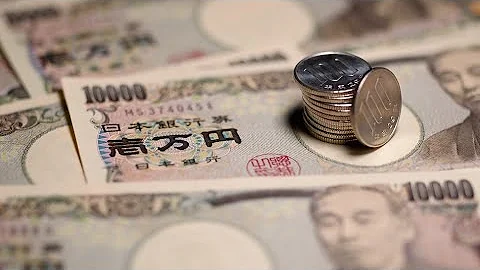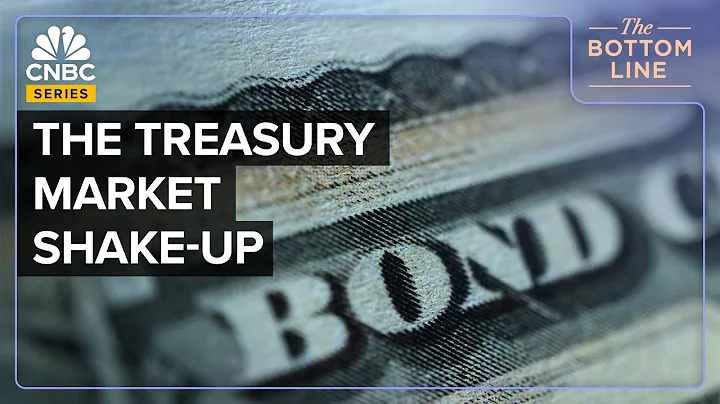The Paper reporter Chen Peizhen
Japanese government bond futures fell, triggering the circuit breaker mechanism of the Tokyo Stock Exchange .
html In the afternoon of June 15, Japan's 10-year government bond futures fell 2.01 yen to 145.58 yen, triggering a price fluctuation of 2 yen.
Data source: JPX
The Bank of Japan continues to increase its bond purchases
The Bank of Japan has been increasing its bond purchases recently. Even so, Japan's 10-year government bond yield once exceeded 0.25%, the upper end of the Bank of Japan's policy range, on Monday.
On Tuesday, the Bank of Japan announced that it would announce additional arrangements for the fixed interest rate operation on June 15 and will increase the purchase scale of 1-3, 3-5, and 5-10-year government bonds. The purchase scale of 1-3-year and 3-5-year government bonds will be increased from 475 billion yen to 625 billion yen. The purchase scale of 5-10-year government bonds will be increased from 500 billion yen to 800 billion yen.
In addition, the Bank of Japan stepped up efforts on Wednesday to curb the upward momentum in local yields, with bond futures plunging as traders continued to bet on policy adjustments, Bloomberg reported. In addition to increasing the size of purchases of all maturities in routine operations, the Bank of Japan also announced that it will purchase unlimited amounts of so-called cheapest-delivery 10-year bonds on Thursday and Friday. 10-year bond futures fell sharply and were on track for their biggest drop since 2013.
George Saravelos, an analyst at Deutsche Bank , pointed out in a research report titled "The money printing press is running in overdrive" published on June 13 that the Bank of Japan's bond purchases in June will reach about 10 trillion per day. Yuan. If you look at this scale in the United States, it is equivalent to the Federal Reserve monthly bond purchases of US$300 billion to implement quantitative easing. Saravelos is worried that the Bank of Japan is printing money on such a large scale that the yen and Japanese financial markets are losing any valuation anchor based on fundamentals.
Will the Bank of Japan continue to adhere to loose monetary policy ?
Since this year, major developed countries around the world have faced inflationary pressures and have switched monetary policies. However, in order to support economic recovery, the Bank of Japan is in no rush to end its loose monetary policy .
At the same time, inflationary pressures remain high in Japan. Affected by the surge in global energy and food prices, Japan's core CPI annual rate in April was 2.5%, a new high in 2008, exceeding its 2% inflation target; at the same time, the yen's exchange rate against the US dollar has fallen to a 20-year low.
html On June 10, Japan’s Ministry of Finance, Bank of Japan and Financial Services Agency issued a joint statement stating that they were “concerned” about the recent rapid decline of the yen against the US dollar. The statement also stated that the Japanese authorities will take appropriate actions on foreign exchange when necessary, will communicate closely with other countries, and do not want rapid fluctuations in the yen exchange rate.However, the Governor of the Bank of Japan Kuroda Haruhiko who adheres to the "dovish" stance said on Monday that the Japanese economy as a whole is on an upward trend and stagflation is not expected to occur in Japan. The Bank of Japan needs to continue to implement loose monetary policies, needs to firmly support Japan's economic recovery, and will pay close attention to the impact of inflation on households.
Xie Yaxuan, deputy general manager of the strategic research department of China Merchants Securities Research and Development Center, said in a recent research report that the Bank of Japan's maintenance of loose monetary policy to promote competitive depreciation of the yen is de facto exchange rate manipulation and beggar-thy-neighbor competitive depreciation, which has aggravated the global economy. The uncertainty will have a negative impact on the Chinese economy by pushing up the dollar index and the effective exchange rate of the renminbi.
This Friday, the Bank of Japan will announce its interest rate decision. Faced with the yen at a 20-year low, the U.S. dollar against the yen once exceeded 135. Coupled with the U.S. CPI in May exceeding expectations, the market is expected to see a more aggressive rate hike by the Federal Reserve this week. Will it continue to adhere to loose monetary policy?
Editor in charge: Zheng Jingxin Picture editor: Hu Mengqi
Proofreading: Liu Wei





















